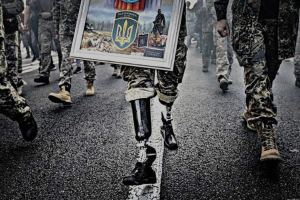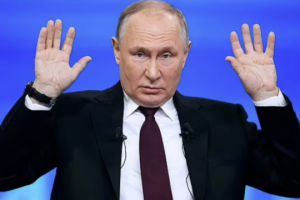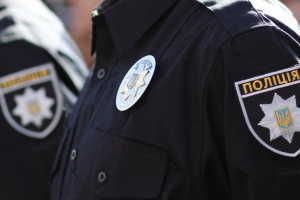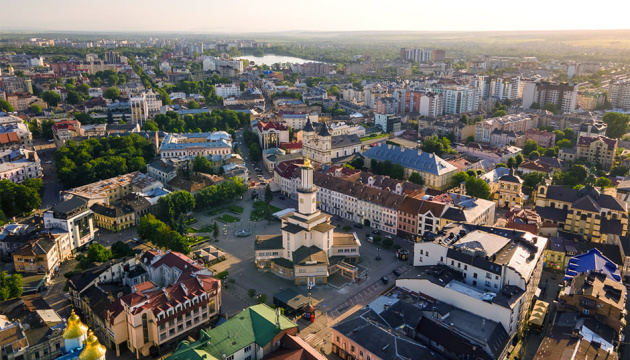
Russian propaganda creates fake about language conflict in Ivano-Frankivsk
Russian media outlets, pro-war Telegram channels and bots on social media platform X are distributing a screenshot of a post allegedly published by a resident of Ivano-Frankivsk, Vera Boklag, on her Facebook page. The post claims that her husband was allegedly beaten because he allegedly joined the so-called "language patrol."
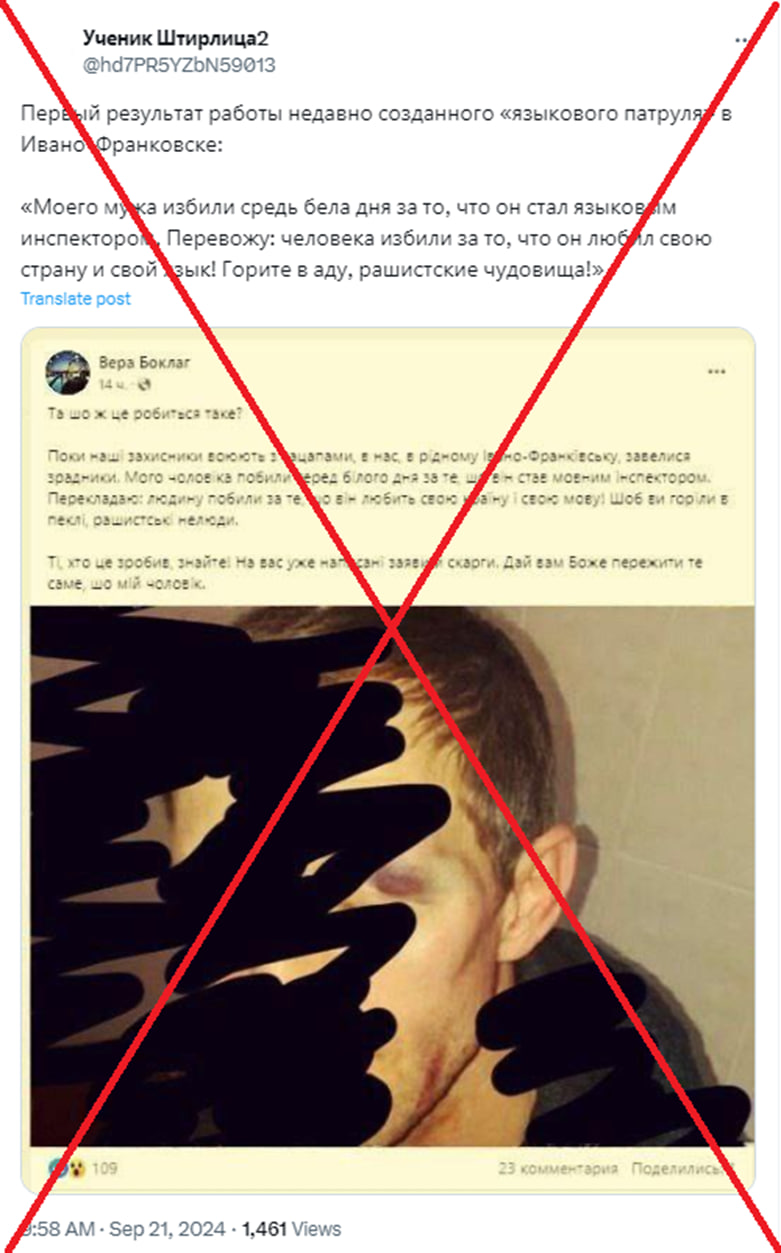
As "evidence," the post contains a photo of a man with visible bruises on his face. It is difficult to identify the man, because most of the face in the picture is not visible.
This whole story is fake. Using reverse photo search tools, we found the original photo with a man who was beaten. This photo has nothing to do with the alleged incident in Ivano-Frankivsk.
The original photo was published on Ukrainian news sites five years ago - in 2019. The victim in the photo is Ihor Matviienko, a physical education teacher from a Kyiv-based school. The beating occurred due to a conflict with a schoolchild's father. Back then, because of this incident, the teacher's colleagues declared a strike.
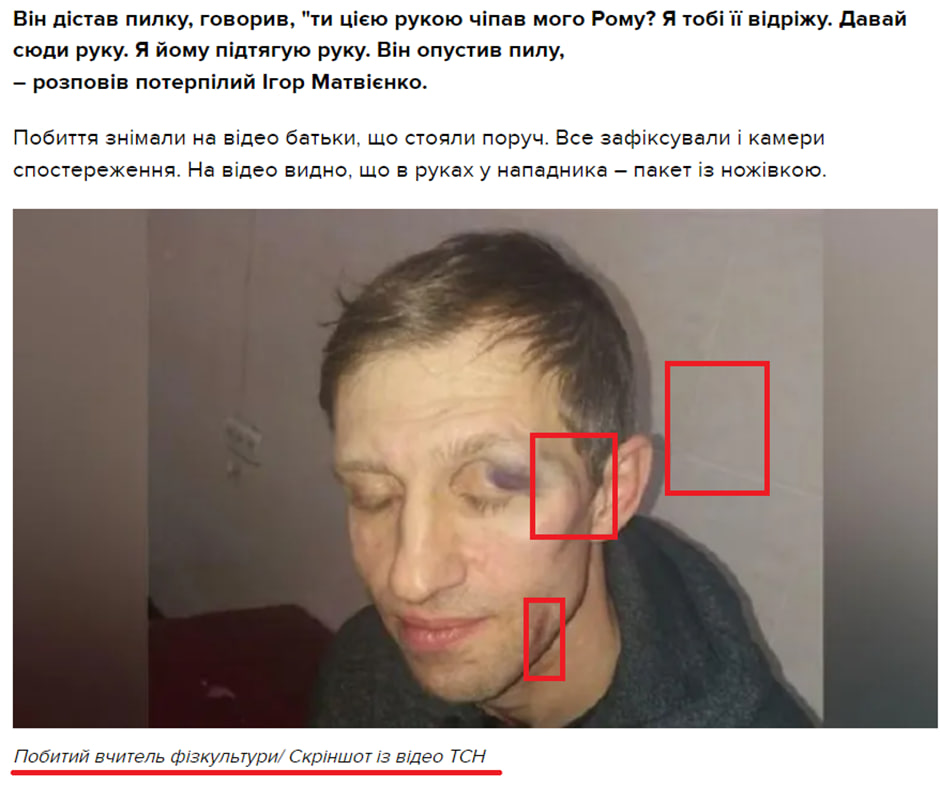
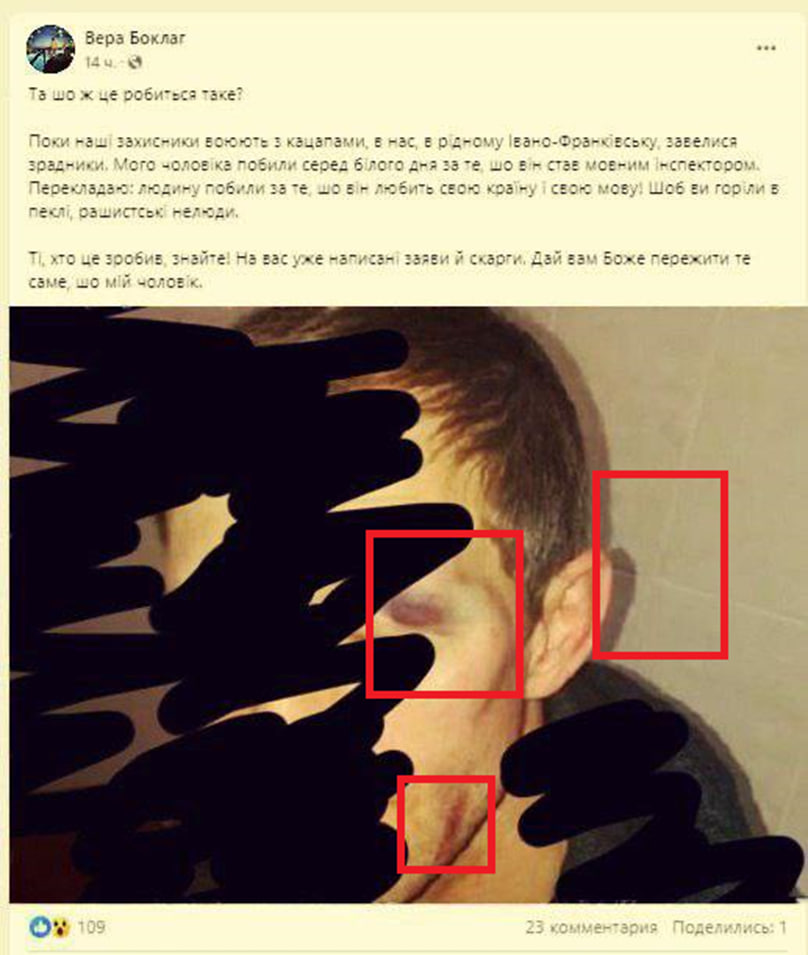
Ivano-Frankivsk Mayor Ruslan Martsinkiv earlier announced the introduction of language inspectors in the city. However, their functions have nothing to do with the so-called "patrols" or "Nazi practices" – something that Russian propaganda usually writes about. The work of language inspectors is aimed at popularizing the study of the Ukrainian language and ensuring compliance with Ukrainian legislation, according to which the Ukrainian language is mandatory in all spheres of public life.
Martsinkiv explained that such inspectors would tolerantly make remarks about the use of the Russian language and invite people to attend Ukrainian-language courses. According to him, this will be a volunteer initiative, the participants of which will not have special powers, will not punish violators and will not discriminate against anyone on the grounds of language.
Such fakes are aimed at spreading enmity and hatred in Ukrainian society. Propagandists are once again trying to play the "language card" to create artificial conflicts in Ukraine. Russian propaganda is also trying to incite hatred towards Russian-speaking internally displaced persons who have been forced to flee the war due to Russia's armed aggression.
According to a survey conducted by the Razumkov Center on July 24, 2024, more than 70% of Ukrainians speak Ukrainian in their everyday life.
Earlier, Russian propaganda intimidated foreigners in Ukraine with fakes about employees of territorial recruitment and social support centers.
Andriy Olenin


